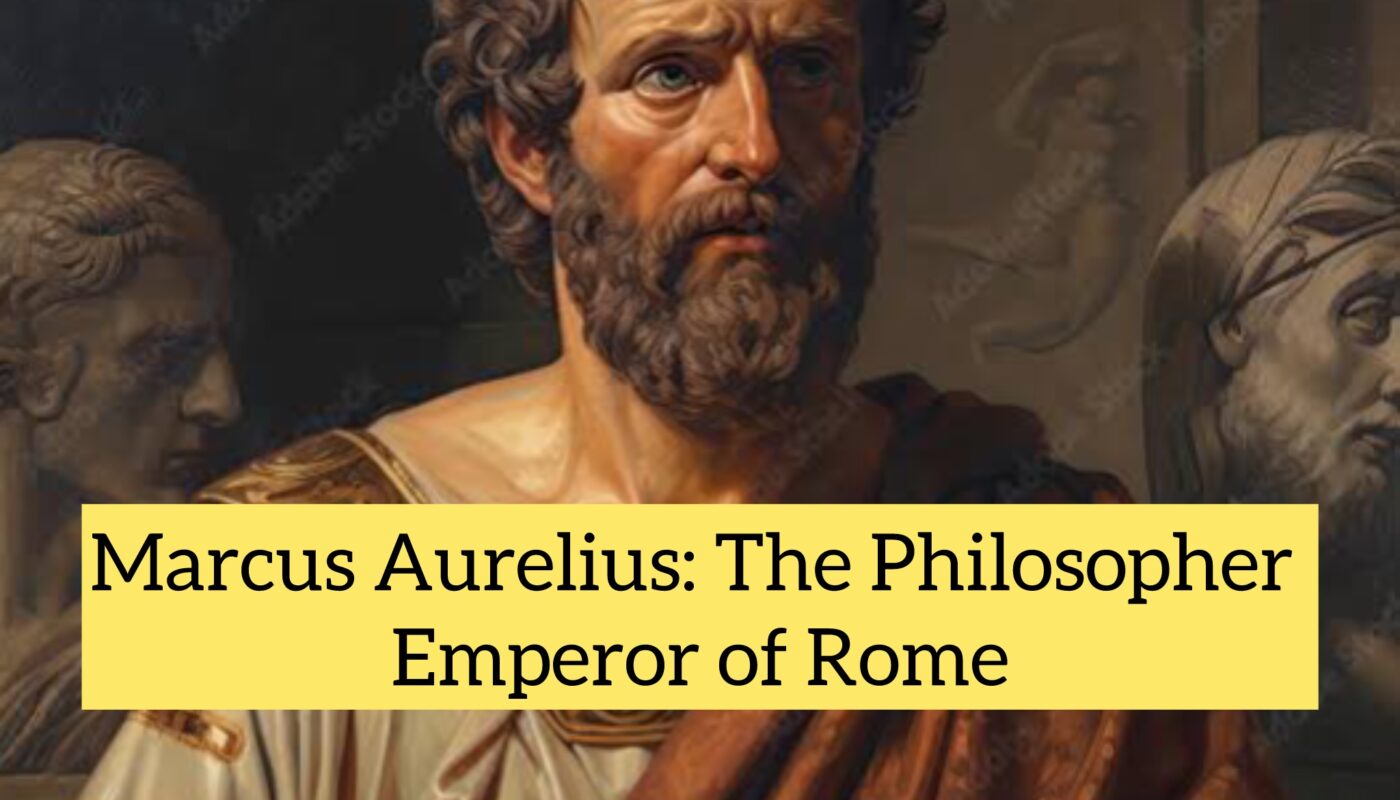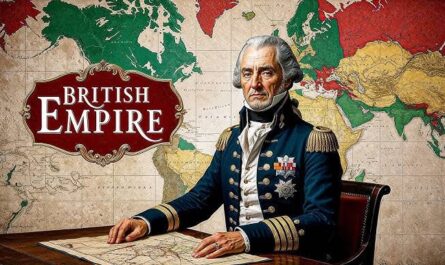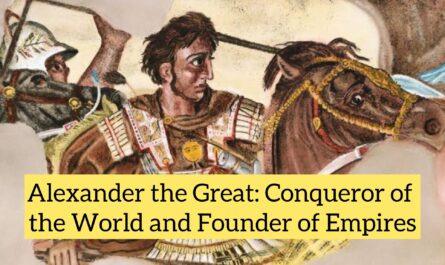Introduction
Marcus Aurelius Antoninus Augustus (121–180 AD) was a Roman emperor, Stoic philosopher, and one of the most respected figures in ancient Roman history. As the last of the “Five Good Emperors” of Rome, he ruled from 161 to 180 AD and is best remembered for his philosophical work Meditations, which remains a cornerstone of Stoic philosophy. His reign was marked by both military challenges and internal stability, and his personal dedication to duty, discipline, and reason earned him a revered place in Western thought.
Early Life and Education
Marcus Aurelius was born on April 26, 121 AD in Rome into a wealthy and prominent family. His birth name was Marcus Annius Verus. After the death of his father, he was adopted by his grandfather and raised in an environment steeped in tradition and duty.
Recognized early for his intellect and character, Marcus attracted the attention of Emperor Hadrian, who arranged for Marcus to be adopted into the imperial family. He received an elite education, studying under several prominent tutors, including the Stoic philosopher Junius Rusticus, who introduced him to the teachings of Epictetus, a foundational influence on his later writings.
Rise to Power
Hadrian chose Antoninus Pius as his successor with the condition that he adopt both Marcus Aurelius and Lucius Verus. When Antoninus became emperor in 138 AD, Marcus became heir to the throne and took on increasing responsibilities in administration and governance.
In 161 AD, upon Antoninus Pius’ death, Marcus ascended to the throne and made the unusual decision to co-rule with Lucius Verus, showing his commitment to shared power and stable governance. This co-emperorship lasted until Verus’ death in 169 AD.
Reign as Emperor (161–180 AD)
Marcus Aurelius’ reign was marked by a series of military and political challenges:
Parthian War (161–166 AD)
The Eastern frontier faced threats from the Parthian Empire. Lucius Verus led a successful campaign that ended in Roman victory but also brought back a plague—likely smallpox—that devastated the Roman population for years.
Marcomannic Wars (166–180 AD)
Barbarian tribes along the Danube frontier began invading Roman territories. Marcus led military campaigns personally, often spending years on the front lines. These wars tested his endurance and leadership and occupied much of his later reign.
Internal Challenges
In 175 AD, the general Avidius Cassius declared himself emperor after falsely hearing of Marcus’ death. Rather than respond with vengeance, Marcus offered clemency and sought to understand the rebellion—a reflection of his Stoic principles.
Meditations: A Stoic Legacy
Written in Greek during military campaigns, Meditations is Marcus Aurelius’ personal philosophical journal. Intended for his own self-improvement, the work contains reflections on duty, mortality, human nature, and the importance of rational thought and virtue.
Key Stoic ideas in Meditations include:
-
Acceptance of fate (Amor Fati) – embracing events beyond one’s control.
-
Self-discipline – practicing restraint and focus.
-
Impermanence – recognizing the fleeting nature of life and glory.
-
Duty and service – performing one’s role for the good of others.
His writings exemplify how to lead a life of integrity and resilience in the face of adversity.
Death and Succession
Marcus Aurelius died on March 17, 180 AD in Vindobona (modern-day Vienna) during a military campaign. His death marked the end of the Pax Romana—a long period of relative peace and stability.
He was succeeded by his son Commodus, whose erratic and despotic reign marked a stark contrast to Marcus’ rule and is often cited as the beginning of Rome’s gradual decline.
Legacy
Marcus Aurelius is remembered not only as a capable and conscientious ruler but also as a deeply introspective thinker. His life presents a rare convergence of philosophy and power, where Stoic ideals were not just studied but actively practiced at the highest level of leadership.
Influence in Modern Times
-
Leadership: His model of leadership based on duty and ethics remains a standard for modern leaders.
-
Philosophy: Meditations continues to inspire readers worldwide. Its practical wisdom is applicable in business, politics, psychology, and personal growth.
-
Culture: He is portrayed in popular culture, notably in the 2000 film Gladiator, which sparked renewed interest in his life.
Conclusion
Marcus Aurelius stands as one of history’s greatest philosopher-kings. His ability to govern an empire while grappling with profound philosophical questions about life, death, and virtue has made him an enduring figure in both political and philosophical history. His Stoic reflections in Meditations remain as relevant today as they were nearly two millennia ago—a testament to the timeless nature of his thought.



